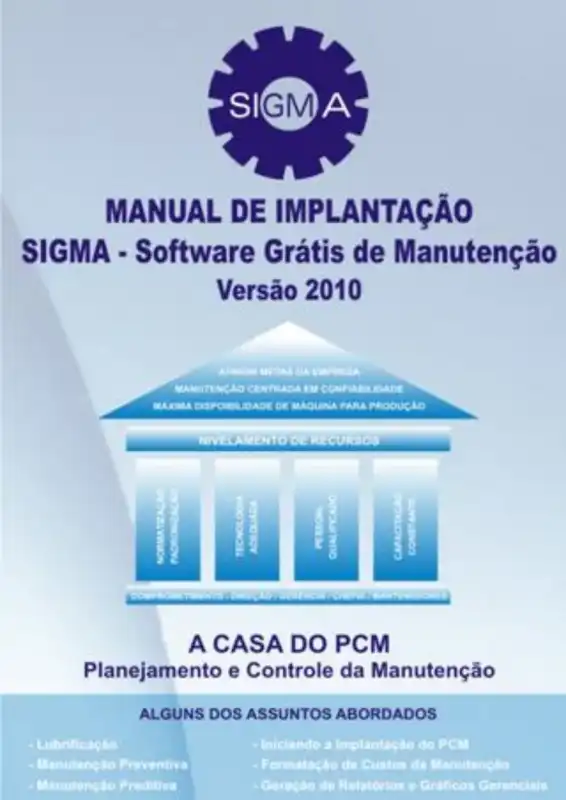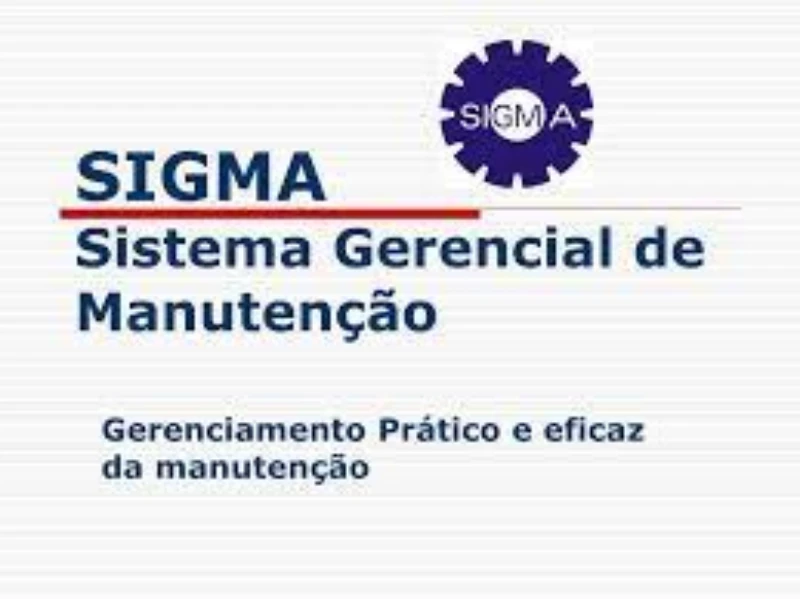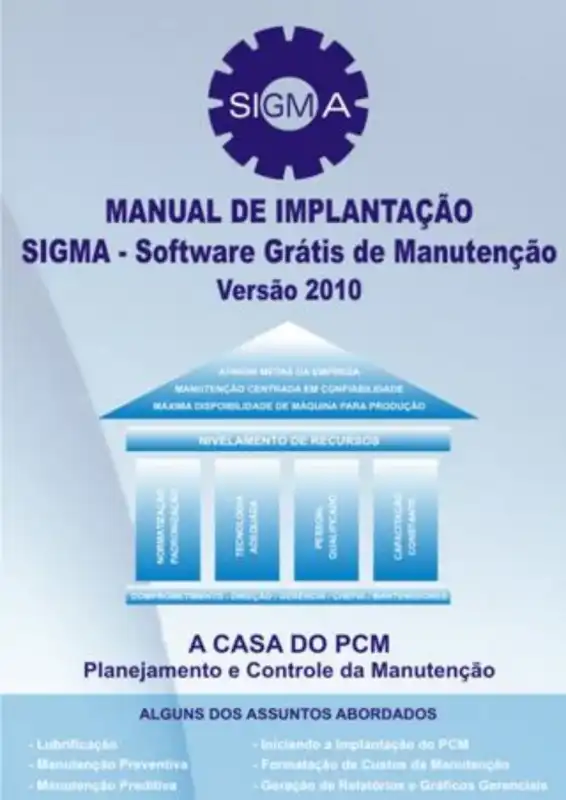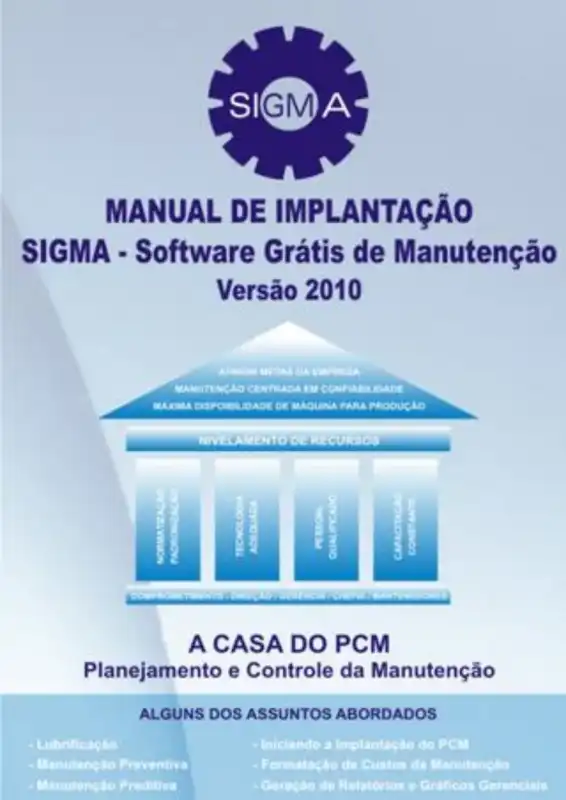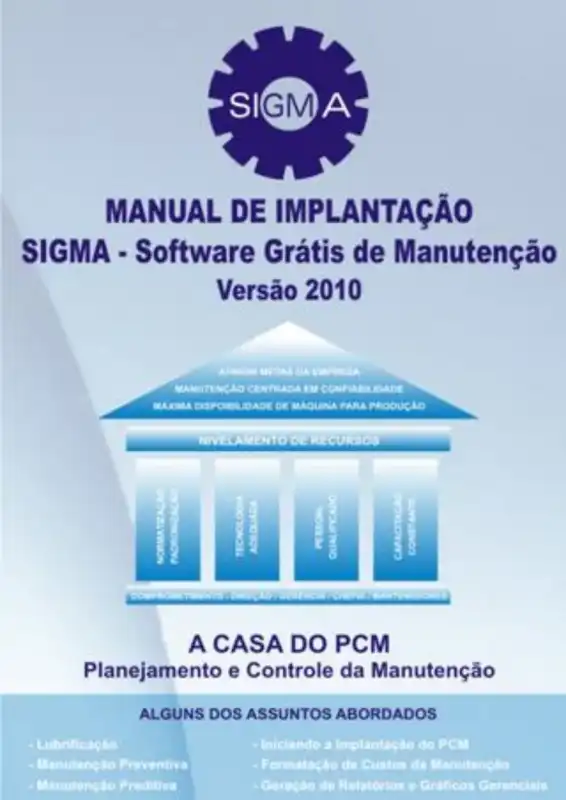Clique nas imagens para ampliar
A Rede Industrial é uma empresa líder no segmento de Sistema de Gerenciamento de Manutenção, oferecendo as melhores soluções para otimizar e facilitar a gestão de manutenção de diversas indústrias. Trabalhando com tecnologia de ponta e uma equipe altamente qualificada, a Rede Industrial se destaca pela excelência em seus serviços e pelo comprometimento em atender todas as necessidades de seus clientes.
Conheça nosso programa de gestão de manutenção
Nosso programa de gestão de manutenção foi desenvolvido para atender as demandas de empresas de diferentes segmentos, oferecendo uma solução completa para a gestão de manutenção. Com uma interface intuitiva e funcionalidades personalizáveis, o programa é ideal para otimizar processos, reduzir custos e aumentar a produtividade.
Funcionalidades do programa de gestão de manutenção
O programa de gestão de manutenção da Rede Industrial possui diversas funcionalidades que podem ser adaptadas de acordo com as necessidades de cada empresa. Entre as principais funcionalidades, destacam-se:
- Registro e acompanhamento de ordens de serviço;
- Controle de estoque e materiais;
- Geração de relatórios e indicadores de desempenho;
- Agendamento e planejamento de manutenções preventivas;
- Integração com sistemas de automação de produção.
Além disso, o programa de gestão de manutenção da Rede Industrial é altamente customizável, permitindo que cada empresa adapte o sistema de acordo com suas necessidades específicas.
Vantagens de utilizar um programa de gestão de manutenção
A utilização de um programa de gestão de manutenção traz diversas vantagens para as empresas, como:
- Redução de custos com manutenção;
- Aumento da produtividade;
- Melhoria na qualidade dos serviços prestados;
- Controle e organização de processos;
- Maior eficiência na tomada de decisões;
- Melhor gestão de recursos e estoque;
- Monitoramento e acompanhamento de indicadores de desempenho.
Além disso, um programa de gestão de manutenção contribui para a redução do tempo de parada de máquinas e equipamentos, evitando prejuízos e aumentando a disponibilidade de produção.
Aplicabilidade e recomendações
O programa de gestão de manutenção da Rede Industrial é indicado para empresas de diversos segmentos, como indústrias, hospitais, hotéis, condomínios, entre outros. Independente do tamanho ou ramo de atuação da empresa, o programa pode ser adaptado para atender as demandas específicas de cada negócio.
É importante ressaltar que a utilização de um programa de gestão de manutenção é fundamental para manter a eficiência e competitividade no mercado, garantindo a qualidade dos serviços prestados e a satisfação dos clientes.
Não perca mais tempo e entre em contato com a Rede Industrial para conhecer mais sobre nosso programa de gestão de manutenção. Nossa equipe está preparada para oferecer as melhores soluções e auxiliar sua empresa a atingir resultados cada vez mais positivos.

